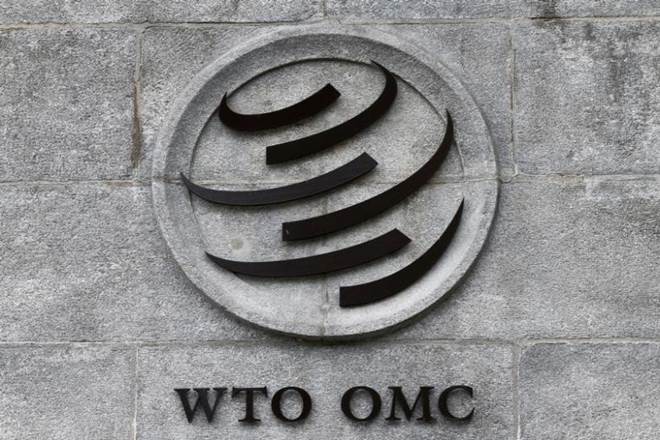Martin Khor, an icon of the Global South, passed away in Malaysia on April 1. Talk to trade negotiators at the WTO, or those engaged in climate change negotiations, and the reverence in which he was held becomes evident. Although he was a true friend of India, his name might not be familiar.
Martin, as he was popularly called, combined multiple roles as an economist, journalist, strategic thinker and activist. He was also an evangelist, but for the cause of promoting the interests of developing countries at many multilateral forums. “Reform the system, so that it responds positively to the aspirations of developing countries”, was his simple mantra.
For almost two decades, he worked as a director at the Third World Network, an international research and advocacy organisation. His sphere of activity expanded substantially as the executive director of the South Centre, a Geneva-based intergovernmental organisation, during 2009-2018.
His writings took many of the contemporary issues head-on and sought to explore different options for making developing countries and their citizens less disadvantaged in a power-dominated global order.
Martin’s deep insights, and the ability to explain the economic and legal implications of complex negotiating texts in concise and simple language to sleep-deprived negotiators, with extremely short attention span, was incredible. Empowering developing countries’ negotiators with facts, analysis, arguments and strategies became a habit with Martin.
At a time when developing countries with seemingly divergent interests were pursuing their narrow domestic agenda in WTO negotiations, Martin had the unique ability to identify common ground. It is no wonder that Martin became pivotal in shaping the approach of many developing countries during the Doha Round.
Martin would always be ready with new ideas on how developing countries could be more effective in protecting their interests in future negotiations.
While pursuing his life’s mission, Martin would not hesitate in knocking at the doors of ministers and even heads of governments. Not only would he have their ear, but many times he even got them to loosen their purse strings for his projects. This highlights the trust that many reposed in his analysis and judgment.
Martin perceived India to be one of the very few countries that could take up cudgels on behalf of other developing countries and negotiate hard for their common good. He believed that, if India succeeded in negotiations, it would also benefit others. As a result, he supported India in WTO negotiations.
At the Bali Ministerial Conference of the WTO in 2013, India was waging a determined battle to insulate its scheme of procuring food grains for food security reasons from legal challenges. Despite many countries facing similar problems, they chose to remain silent. An impression went around that India’s position had little support from other developing countries.
Sensing that this situation would be damaging for India and also for other developing countries, Martin quickly swung into action. He organised a luncheon meeting in which the main item on the menu was public stockholding for food security purposes. He encouraged the invited countries to frankly articulate the problems they faced in implementing food security schemes. At least a dozen countries came out strongly in support of India’s position. Martin had helped bust the myth that India was fighting only for its own cause. This added considerable political heft to India’s negotiating approach.
India’s achievement was also beneficial for many other developing countries including Indonesia, Turkey, Pakistan, Jordan, Tunisia, Zambia and Zimbabwe.
Any reflection on Martin’s life would be incomplete without a mention of how he inspired scores of negotiators, researchers and activists to strive for solidarity among developing countries for establishing a just and fair global order. His passion for various causes was incredibly infectious.
Martin motivated a large number of people across continents, in both developed and developing countries.
May your soul rest in peace, Martin.
The author is Head, Centre for WTO Studies, IIFT
Views are personal

